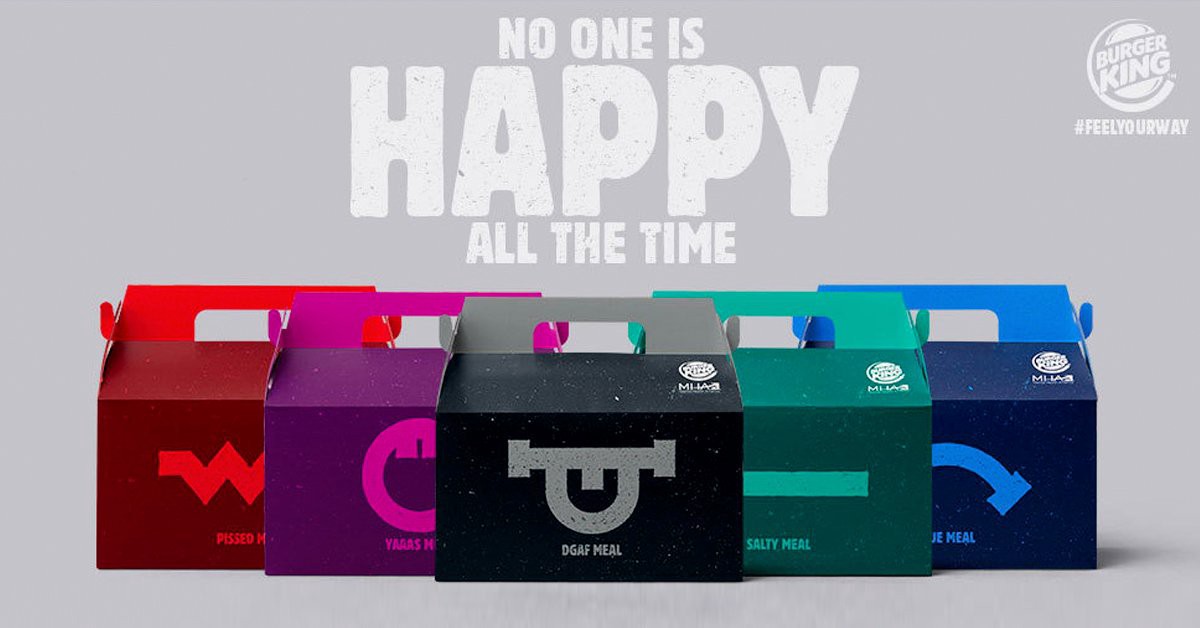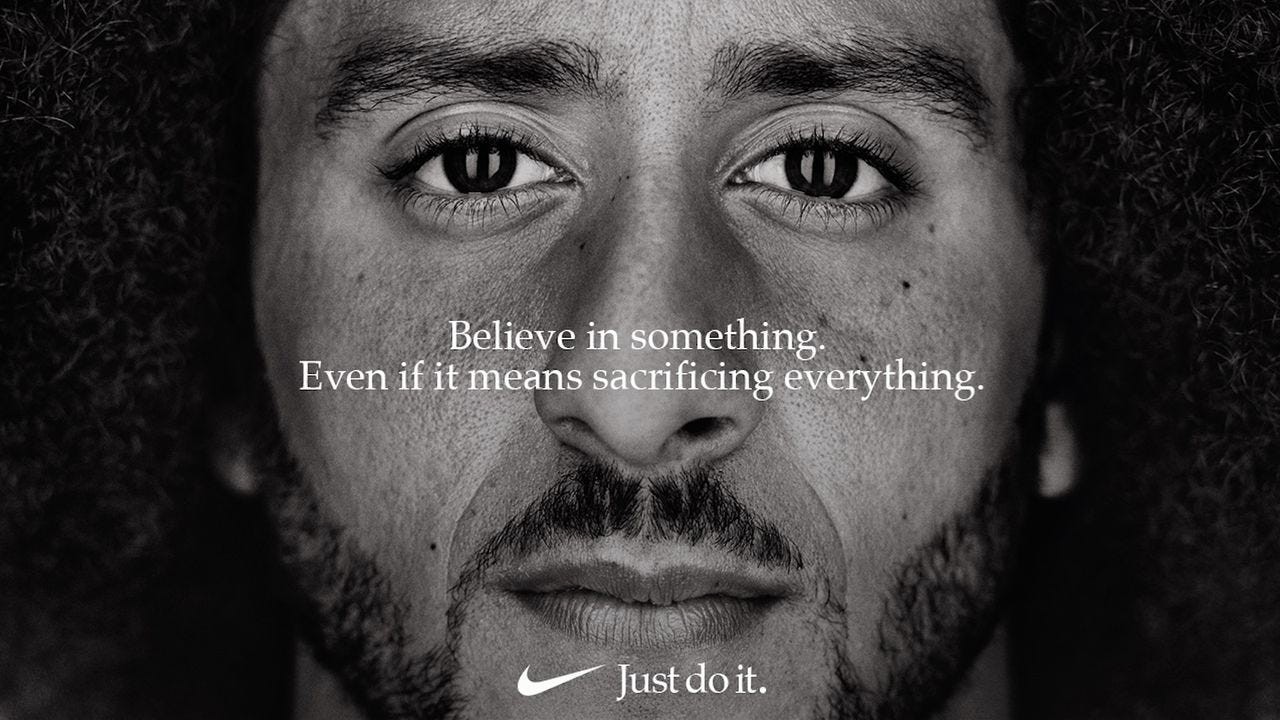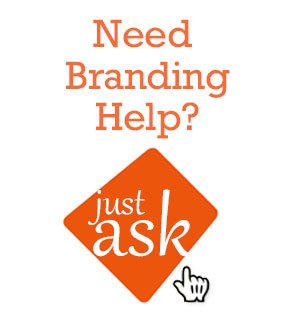Over the years, brands have figured out that appealing to our emotions and morality, rather than just our desires, is especially profitable.
Under the guise of a mental health awareness campaign, several brands have recently taken to social media in the hopes of strategically using the occasion to sell more product.
One memorable and recent example is Burger King’s ‘Real Meals’.
In their press release on May 1st, Burger King announced their partnership with Mental Health America; a show of their support in “addressing the needs of those living with mental illness and to promoting the overall mental health of all Americans”. The idea of the ‘Real Meals’ line is to acknowledge that “No one is happy all the time. And that’s ok”. With the ‘Pissed Meal, Blue Meal, Salty Meal, Yaaas Meal and DGAF (Don’t Give a F — -) Meal’, customers are encouraged to embrace how they feel in ways that apparently Burger King felt that they couldn’t before.
And, of course, nothing shows well-intentioned support of self-care like an international fast-food chain trying to sell burgers and fries. Ah, the epitome of promoting well-being!

Though only a limited time release, in a few select restaurants in the US, the attention that this campaign received was huge. Quickly the internet responded to the alleged mental health campaign with equal parts enthusiasm and disgust.
We have seen this before with mental health campaigns which have completely missed the mark. One example — which just might be the most memorable and strange — was when ‘Sunny D’s’ social media team decided to take to Twitter to express their ‘feelings of hopelessness’. This odd attempt to seem relatable by simply tweeting “I can’t do this anymore” sparked quite the conversation.
In fact, even more bizarrely, other brands decided to jump on the bandwagon and continue this strange role-play.
I can’t do this anymore
— SUNNYD (@sunnydelight) February 4, 2019
Arguably the most recognisable example of a company recognising this trend in social media marketing is the Nike campaign from September last year. The ad itself is actually really great, with a powerful message; the ad features predominantly black athletes and their success, narrated by Colin Kaepernick, and supportive of his activism.
Read full article: Medium.com
Credits: Dave AR2 Martinez & Gerardo Gonzalez

However, the response to this campaign is the truly important part to Nike; the accumulated 29 million views to date is only the cherry on top. As expected, there was a distinct divide in reaction to the ad. On one end of the spectrum, you had people applauding Nike, thanking the brand for standing beside these genuinely great individuals. On the other end, people stormed to the internet to bombard anyone who would listen with tweets about how this was disgusting of Nike to do, filming videos of them burning their expensive Nike shoes, ripping the logo off of socks and shirts.
How did this affect Nike? Well, people were certainly talking about them! Share prices increased 7.47% in the weeks following the ad, to the highest in the company’s history until April this year, and the endorsement gave way to Nike’s market value rising by $6 billion.
Looking for a website maintenance partner?
Click the button below or fill out the FREE WEB/SEO Audit form.






